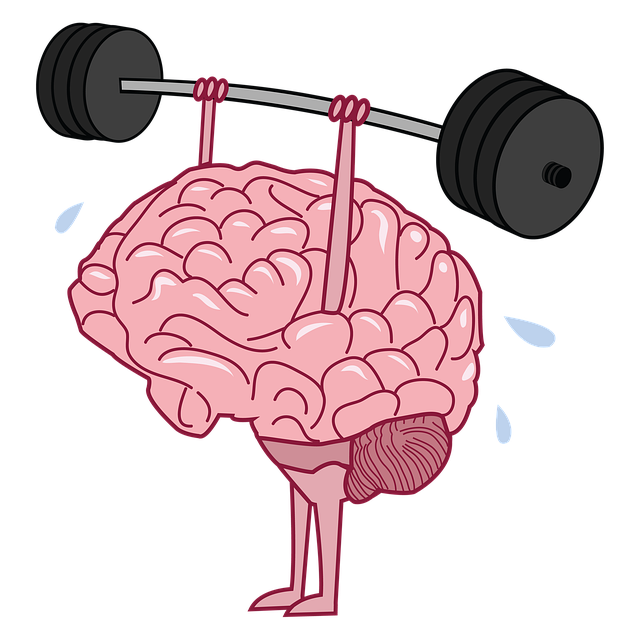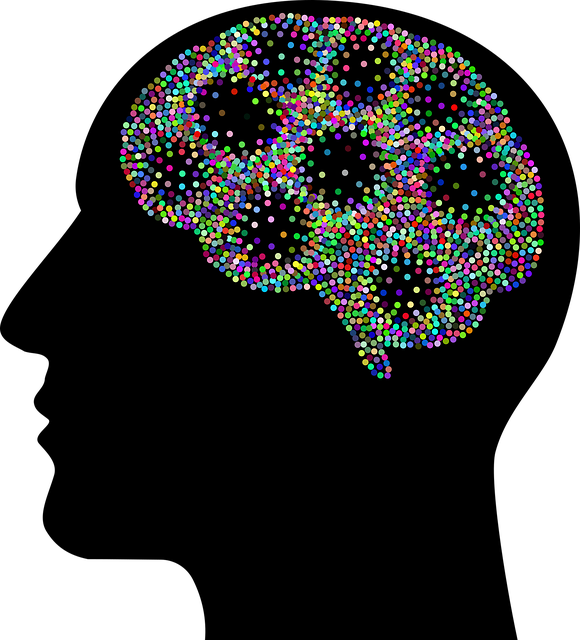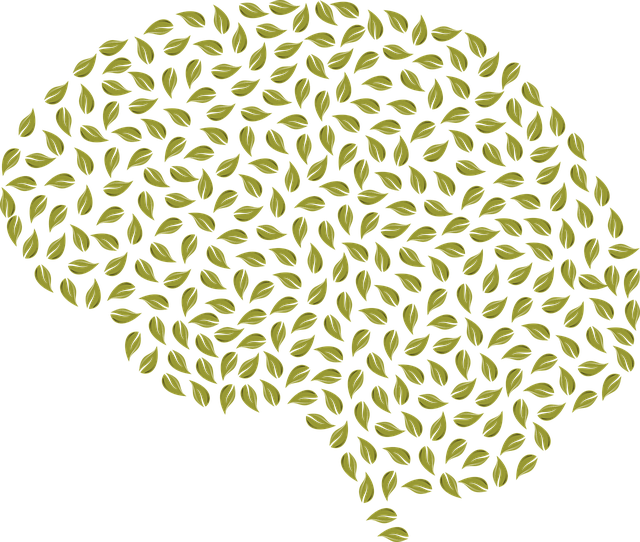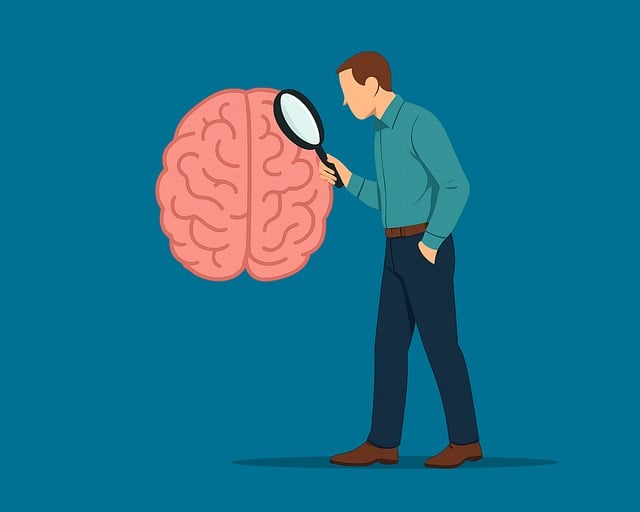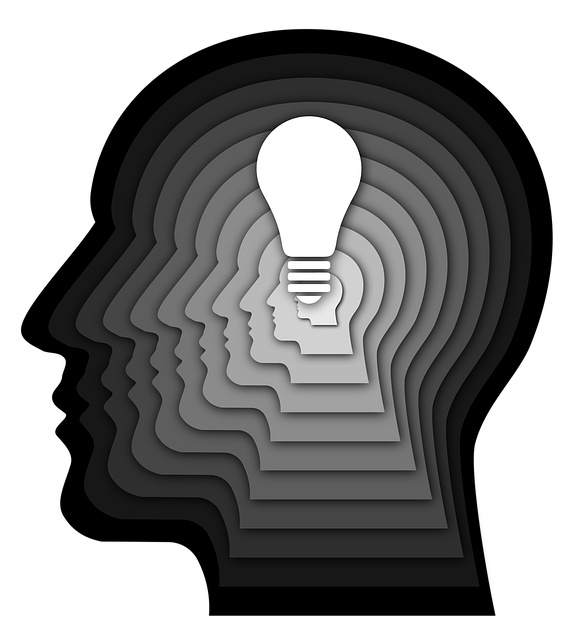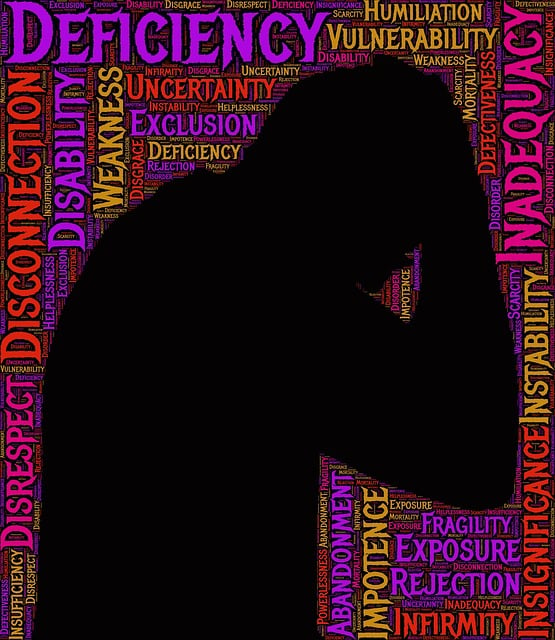Mental wellness apps, like Englewood Functional Neurological Disorder (EFND) Therapy, revolutionize care by offering personalized, evidence-based strategies combining traditional therapy with innovative digital tools. These apps, featuring mindfulness exercises, social skills training, and real-time feedback, enhance accessibility and outcomes for diverse populations, especially those managing conditions like EFND. Future developments will include AI assessments, adaptive therapy plans, and seamless integration with wearables and virtual reality to cater to a wider audience's mental health needs.
In today’s digital age, mental wellness app development has emerged as a powerful tool to support individuals managing various conditions. This article explores the intersection of technology and mental health, focusing on functional neurological disorders (FNDs). We delve into the benefits of Englewood Functional Neurological Disorder Therapy, a pioneering approach, and analyze market trends shaping the future of mental wellness apps. Understanding key features and functionality is essential to creating effective therapy tools that cater to diverse user needs.
- Understanding Mental Health and Functional Neurological Disorders
- The Role of Technology in Mental Wellness Support
- Designing Effective Therapy Apps: Features and Functionality
- Englewood Functional Neurological Disorder Therapy: A Case Study
- Market Trends and Future Directions for Mental Wellness Apps
Understanding Mental Health and Functional Neurological Disorders

Mental wellness is a holistic concept encompassing emotional, psychological, and social well-being. It involves managing stress, cultivating positive thoughts, and fostering healthy relationships. However, for individuals struggling with mental health issues, such as anxiety or Englewood Functional Neurological Disorder (EFND), achieving this balance can be challenging. EFND, a complex condition affecting brain function and behavior, requires tailored therapy approaches, often combining conventional treatments with innovative strategies like mindfulness meditation.
Addressing mental wellness involves understanding the unique needs of diverse populations, including considerations for Cultural Sensitivity in Mental Healthcare Practice. Effective apps designed for mental wellness should offer personalized experiences, incorporating techniques like Anxiety Relief through evidence-based practices. By integrating Mindfulness Meditation and adaptive therapies, these digital tools can empower users to navigate their mental health journeys with increased resilience and improved overall well-being.
The Role of Technology in Mental Wellness Support

Technology plays a pivotal role in modern mental wellness support, offering innovative solutions to reach and assist a broader range of individuals. Apps designed for this purpose provide accessible and often personalized resources for those seeking help. Features such as mental wellness journaling exercises and anxiety relief techniques guided by AI can cater to specific needs, ensuring users receive tailored care. These digital tools not only facilitate self-care practices but also offer discreet support, making it easier for people to manage their mental health in the comfort of their homes.
For instance, an app could incorporate social skills training modules to aid individuals with conditions like Englewood Functional Neurological Disorder (EFND), helping them navigate social interactions with ease. The integration of technology in therapy allows for continuous practice and feedback, fostering a supportive environment that complements traditional therapy methods. By leveraging these digital advancements, mental wellness apps have the potential to revolutionize access to care, making it more inclusive and efficient.
Designing Effective Therapy Apps: Features and Functionality

In the realm of mental wellness app development, creating effective therapy apps requires a thoughtful blend of engaging design and evidence-based features. For conditions like Englewood Functional Neurological Disorder (EFND), apps can offer accessible and tailored support. Essential functionalities include personalized goal-setting tools that help users track progress in areas specific to EFND symptoms. Interactive exercises incorporating mindfulness meditation can aid in calming neural pathways, while empathy building strategies foster understanding and connection among users.
Moreover, integrating social skills training within the app’s framework enables users to practice and develop communication techniques in a safe digital environment. Effective apps should also incorporate real-time feedback mechanisms, allowing for adjustments based on user performance and needs. By seamlessly blending technological innovation with therapeutic approaches like Mindfulness Meditation, Empathy Building Strategies, and Social Skills Training, developers can create powerful tools that enhance mental wellness outcomes.
Englewood Functional Neurological Disorder Therapy: A Case Study

Englewood Functional Neurological Disorder Therapy (EFNDT) is a pioneering approach that offers a unique perspective on mental wellness app development. This case study highlights how technology can revolutionize therapy by focusing on functional neurological disorder symptoms, such as chronic pain and cognitive impairments. The app utilizes Compassion Cultivation Practices to help users cultivate self-compassion, an essential aspect of emotional healing processes.
By integrating Trauma Support Services within the app’s framework, EFNDT addresses the complex relationship between trauma and neurological disorders. Through a combination of guided meditations, mindfulness exercises, and tracking tools, the app facilitates progress in managing symptoms and improving overall quality of life. This holistic approach, which incorporates both technological innovations and time-honored practices, demonstrates the potential for effective and accessible mental wellness solutions.
Market Trends and Future Directions for Mental Wellness Apps

The market for mental wellness apps is experiencing a significant surge, reflecting a growing awareness and demand for accessible therapy solutions. With advancements in technology, these applications offer tailored support for various mental health concerns, including Englewood Functional Neurological Disorder (EFND) Therapy, making professional care more attainable. Recent trends indicate a shift towards personalized experiences, integrating features like AI-driven assessments and adaptive therapy plans that cater to individual needs.
Looking ahead, the future of mental wellness apps promises even more innovative solutions. Incorporating evidence-based practices such as Mindfulness Meditation and Stress Reduction Methods will continue to be prominent. Additionally, apps focusing on Compassion Cultivation Practices are gaining traction, emphasizing emotional well-being and resilience. As technology evolves, we can anticipate seamless integration with wearables and virtual reality, enhancing therapeutic experiences and reaching a broader audience in need of mental health support.
The development of mental wellness apps, such as the case study on Englewood Functional Neurological Disorder Therapy, showcases the transformative potential of technology in addressing mental health challenges. As market trends indicate a growing demand for accessible and personalized support, developers have an opportunity to revolutionize mental healthcare. By integrating evidence-based practices and leveraging innovative features, effectively designed therapy apps can enhance well-being, making professional care more inclusive and convenient. Future directions should focus on expanding accessibility, ensuring data privacy, and fostering collaboration between app developers, healthcare professionals, and researchers to optimize these tools’ impact.
